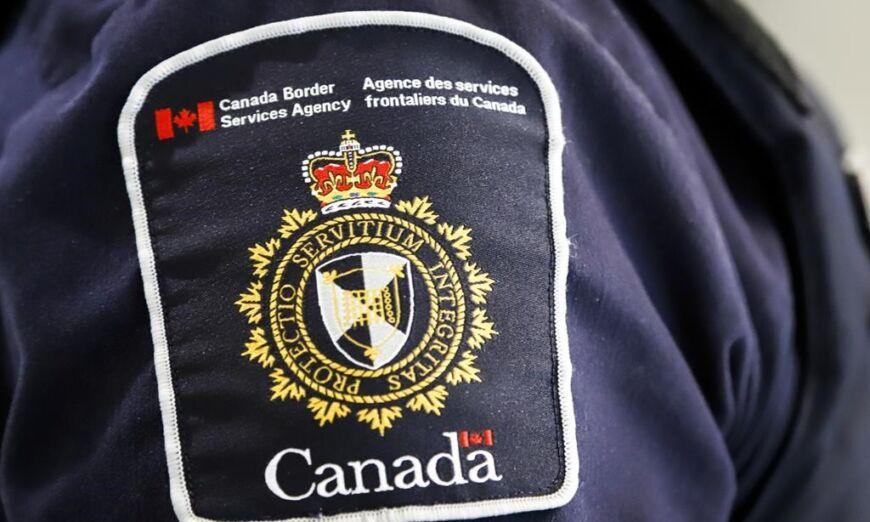More than 68,000 guns were seized by federal agents in cross-border mail between 2018 and 2022, a new Canada Border Services Agency (CBSA) report has found.
“Ninety-six per cent of Canada Border Services Agency firearm seizures, which includes parts, magazines and ammunition, occurred in the postal mode,” said the report, which was first obtained by Blacklock’s Reporter.





